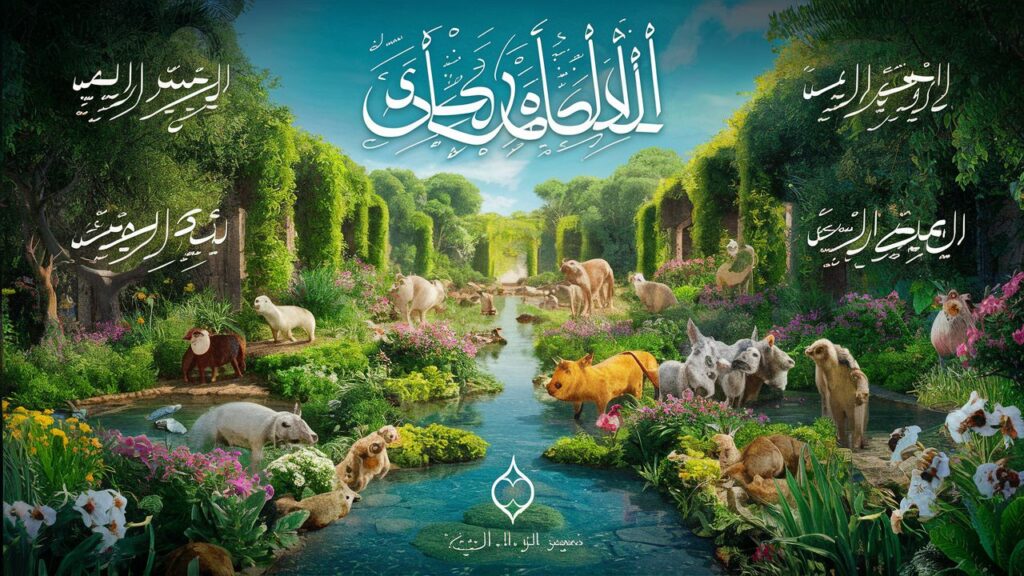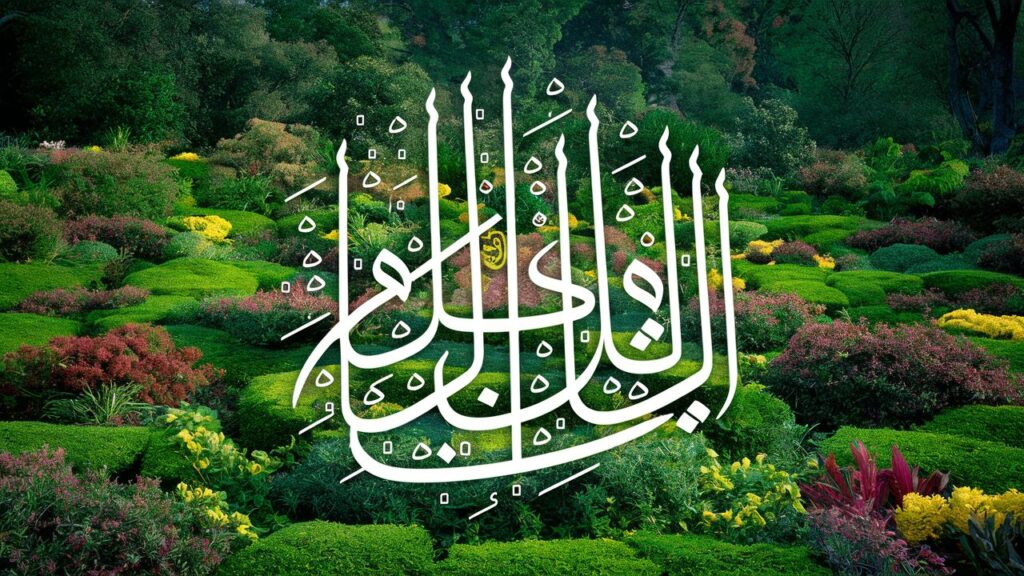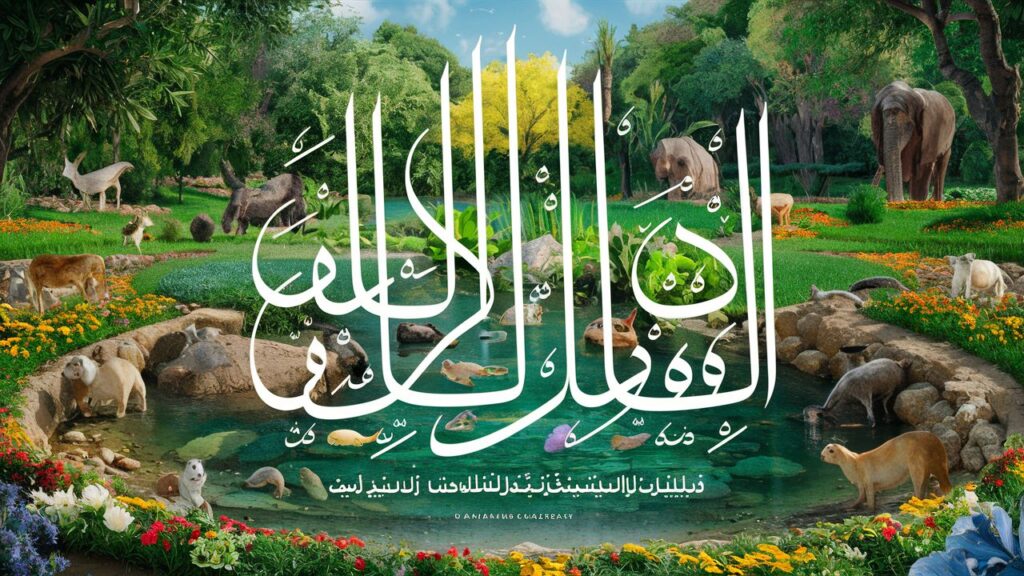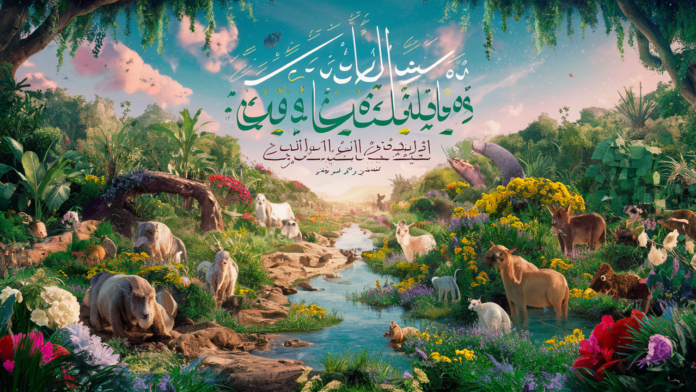Within the tapestry of Islamic teachings lies a profound reverence for the Earth and its ecosystems. Rooted in the Qur’an and the Hadith, environmental ethics in Islam emphasize the sacred responsibility of humans as stewards of creation. In this discourse, we explore how Islamic principles align with contemporary environmental concerns, advocating for a harmonious relationship between humanity and nature.
Creation as Trust: The Concept of Amanah
Central to Islamic environmental ethics is the notion of amanah, or trust. The Qur’an portrays nature as a sacred trust bestowed upon humanity by the Divine. As custodians of this trust, it is incumbent upon believers to safeguard the Earth’s resources and protect its biodiversity for the benefit of present and future generations. This perspective imbues environmental stewardship with a profound sense of moral obligation and spiritual significance.
Balanced Use: The Virtue of Moderation

Islam champions the principle of moderation in all aspects of life, including interactions with the environment. The concept of israf, or wastefulness, is explicitly condemned in Islamic teachings. Instead, believers are encouraged to adopt sustainable practices that respect the Earth’s finite resources and promote ecological equilibrium. By eschewing excess and embracing frugality, Muslims uphold the principle of balance, thereby mitigating environmental degradation and fostering sustainable development.
Animal Rights: Compassion and Humane Treatment
In Islamic tradition, compassion extends not only to fellow human beings but also to the animal kingdom. The Prophet Muhammad emphasized the importance of treating animals with kindness and dignity, condemning acts of cruelty and exploitation. Islamic teachings mandate the humane treatment of animals, prohibiting practices that cause unnecessary suffering or harm. By fostering empathy towards all sentient beings, Islam advocates for the protection of animal rights and the preservation of biodiversity.
Water Conservation: Preserving a Precious Resource

Water holds a special significance in Islam as a symbol of purity and vitality. The Prophet Muhammad stressed the importance of water conservation, cautioning against wastefulness and extravagance. Islamic teachings emphasize the equitable distribution of water resources and the responsible stewardship of water sources. By promoting water conservation practices, Muslims honor the sacredness of this essential resource and contribute to the sustainability of ecosystems.
Embracing Eco-Consciousness: Integrating Faith and Action

In embracing environmental ethics, Muslims are called upon to integrate faith with action, weaving eco-consciousness into the fabric of their daily lives. By embodying principles of stewardship, moderation, compassion, and conservation, believers manifest their commitment to the preservation of God’s creation. Through individual and collective efforts, Muslims can strive to mitigate environmental degradation, address climate change, and promote ecological sustainability, thereby fulfilling their role as trustees of the Earth.
Conclusion
In conclusion, environmental ethics in Islam offer a holistic framework for addressing contemporary environmental challenges. Rooted in the Qur’an and the Prophetic tradition, Islamic teachings emphasize the sacred responsibility of humans to act as custodians of the Earth. By upholding principles of stewardship, moderation, compassion, and conservation, Muslims can cultivate a deeper appreciation for the interconnectedness of all living beings and contribute to the preservation of biodiversity and ecological harmony. In embracing eco-consciousness as an integral part of their faith, believers reaffirm their commitment to honoring the sacred trust bestowed upon them by the Divine.


